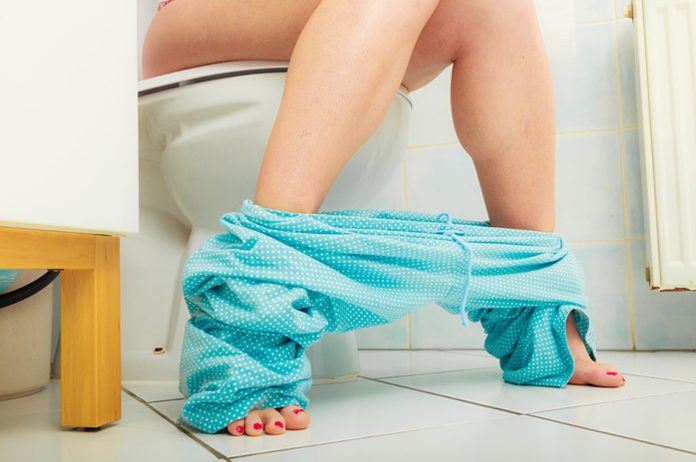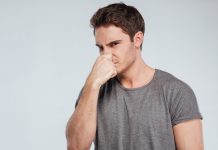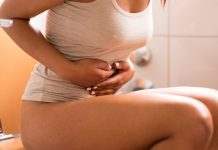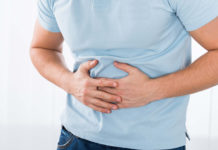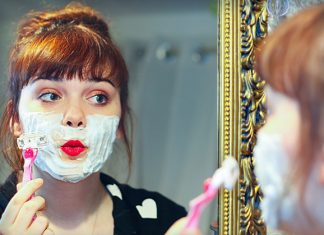Sudden and unexpected bowel movements can be embarrassing and a cause of serious health concern, especially if it has been occurring for a long time.
Naming the disorder and its components
This condition of
So, what causes diarrhoea immediately after eating can be classified as acute or chronic.
What To Eat? After Phase Of Food Poisoning
Know your body through its symptoms
It’s important to clarify the intensity of your illness to begin diagnosis. Diarrhoea after eating can be acute or chronic. Diagnosing symptoms is the first step towards curing the disease.
The intensity of your diarrhoea may have one or several causes. It’s important to distinguish among them.
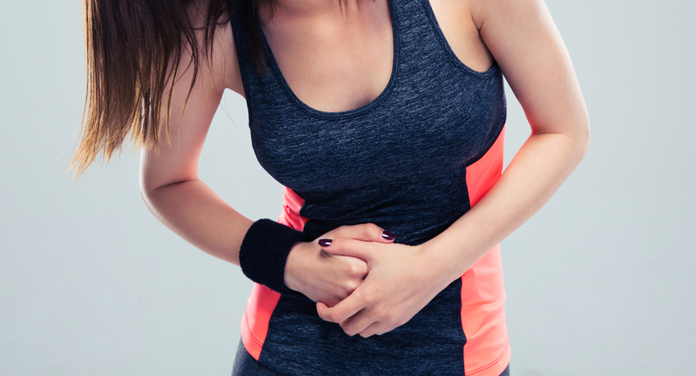
Why is acute diarrhea caused after meals?
Food poisoning and Bacterial infection
One of the most common reasons for acute diarrhoea is food poisoning. When edibles are not fresh or contaminated, bacteria grow on them, such as E. coli and Salmonella. These cause stomach cramps and abdominal pain that is followed or accompanied by diarrhoea immediately after eating.
Sugar malabsorption
All body systems may not easily digest naturally occurring sweeteners like lactose and fructose. Tolerance to these sugars varies by quantity. While some bodies can tolerate very high amounts before breaking down, many others are overwhelmed even by tiny quantities. So, when these sugars reach the intestine, it gets irritated and inflamed leading to
Lactose intolerance
Lactose is a type of sugar found in dairy-based products. People allergic to lactose may often have diarrhoea after ingesting any dairy item. Usually, the abdominal disturbance goes away once the stools have been discharged. But it might be a stronger infection if it happens regularly.
Medications
Certain prescribed or over the counter medicines may cause diarrhoea immediately after eating. Magnesium tablets and antibiotics are often causes of diarrhoea after eating.
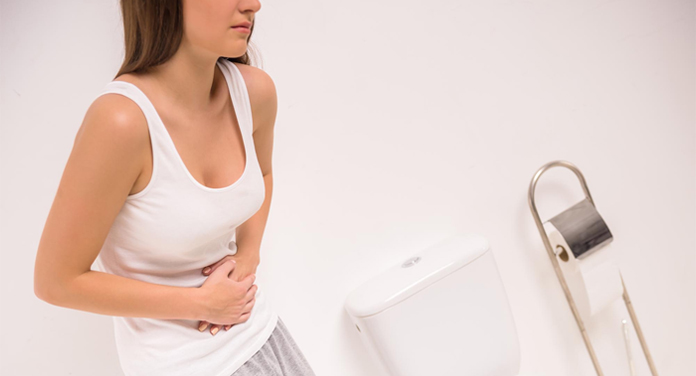
So, how is chronic diarrhoea caused then?
Chronic diarrhoea is one where this symptom has persisted long and is, therefore, a health hazard. Read on to know more about some of the chronic causes of diarrhoea after eating.
Celiac disease
This is actually an autoimmune disease that causes a reaction to gluten-based products such as rye and barley. Constant ingestion of gluten-based products and ignoring the symptoms lead to chronic diarrhoea immediately after eating. Soon, the irritation of the intestinal cilia spreads to any food.
Colon cancer
Before you jump to conclusions, hold your breath. Not all
Irritable Bowel Syndrome
For patients suffering from IBS, either due to suppressed anxiety or the mere act of eating sets of
Gallbladder operation
Patients who have had gallbladder removal surgery are more prone to digestive illnesses and should always check their diet. This surgery often creates bile acid
Microscopic colitis
This disorder can only be detected under a microscope and is preceded by symptoms of continuous, watery stools discharge. Diarrhoea immediately after eating is considered one of the symptoms of microscopic colitis.
Dumping syndrome
People who have undergone bariatric surgery will be familiar with this. Post this surgery, patients may have difficulty digestion as the food moves down quickly and may have to pass out stools immediately after eating. The condition is aggravated when gluten or lactose-based items are part of the diet without knowing the consequences.
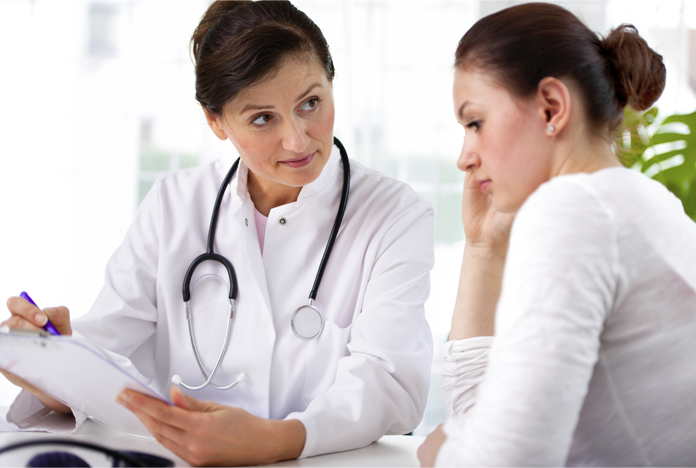
When to actually see a doctor?
Given the symptoms’ overlapping and sometimes not-so-serious nature, it might get confusing to call the doctor. Read on to know about the medical cues.
Change in stool colour and composition
If your stool colour has changed to black, grey, red or dark green, it’s time to see the doc. And if you’re discharging stools with a foul odour and watery consistency, it’s probably late already to visit the doc.
Read More: Are White Specks In Stool A Thing To Worry About?
Fever and Fatigue
A doctor’s visit is due if you constantly have a fever of 102 degrees Fahrenheit or more, coupled with the symptoms already mentioned.
Extreme Dehydration
If you’re down with symptoms of extreme dehydration such as bloody urine, fatigue and muscle cramps, consult your doctor to know the future course of action. The doctor might suggest hospitalization for a shot of saline injection.
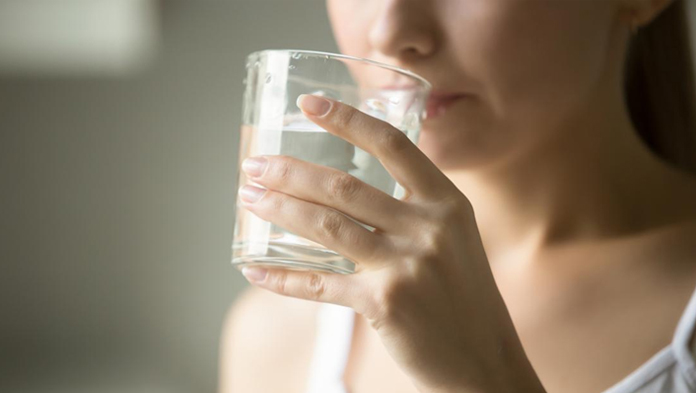
How to deal with these kinds of diarrhea after eating?
While treatment depends on the diagnosis of your symptoms, there are certain things that you can do to handle diarrhoea immediately after eating.
Hydration
Increasing water and fluid intake is a must. Since watery stools dehydrate your body, it’s important to increase your ORS and vitamin water intake to fight against
Meals and Nutrition
Having small meals without any spices eases the process of digestion, provides the required nutritional support and doesn’t disturb the intestines. It’s important to have these meals to survive through these bouts of diarrhoea.
Saying no to self-medication
Your days of playing doctor gets over the minute your real doctor takes over the diagnosis. Stop all over the counter medicines and focus on having prescribed medications and solutions as advised by the doctor.
Relaxing exercises and biofeedback
Since many important nutrients and water are discharged, and in extreme cases, blood, anxiety, fatigue, and anaemia sets in. To ride through this, it’s important to maintain body balance and mental health by performing curative, light exercises. Biofeedback mechanism involving sensors is also suggested to control bodily processes and maintain a healthy routine.
Banish trigger foods
Usually, there’s a sudden spike in cravings for everything that shouldn’t be eaten during abstinence and diets. Similarly, when you’re recovering from diarrhoea after eating, you may have cravings for spicy, oily and gluten-based foods. It’s wise to avoid it entirely. And if water gets boring, drink fruit juice.
Healthy living starts with healthy eating. Diarrhoea is something that is an effect of gastrointestinal disorders. These are fatal diseases with lifelong impacts. Controlling diets and going for necessary checkups are integral to maintaining proper gut health.

